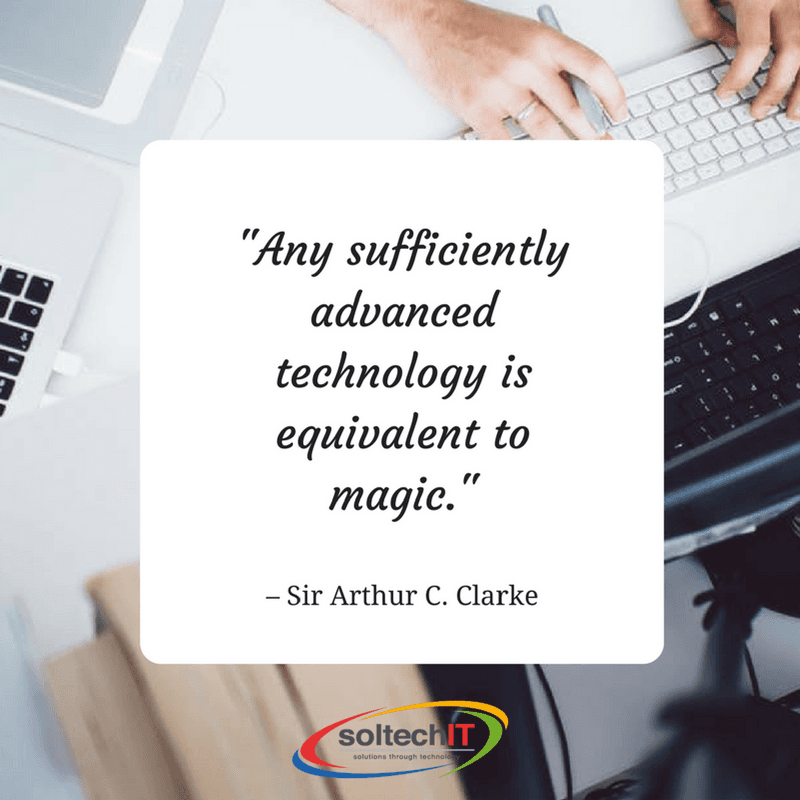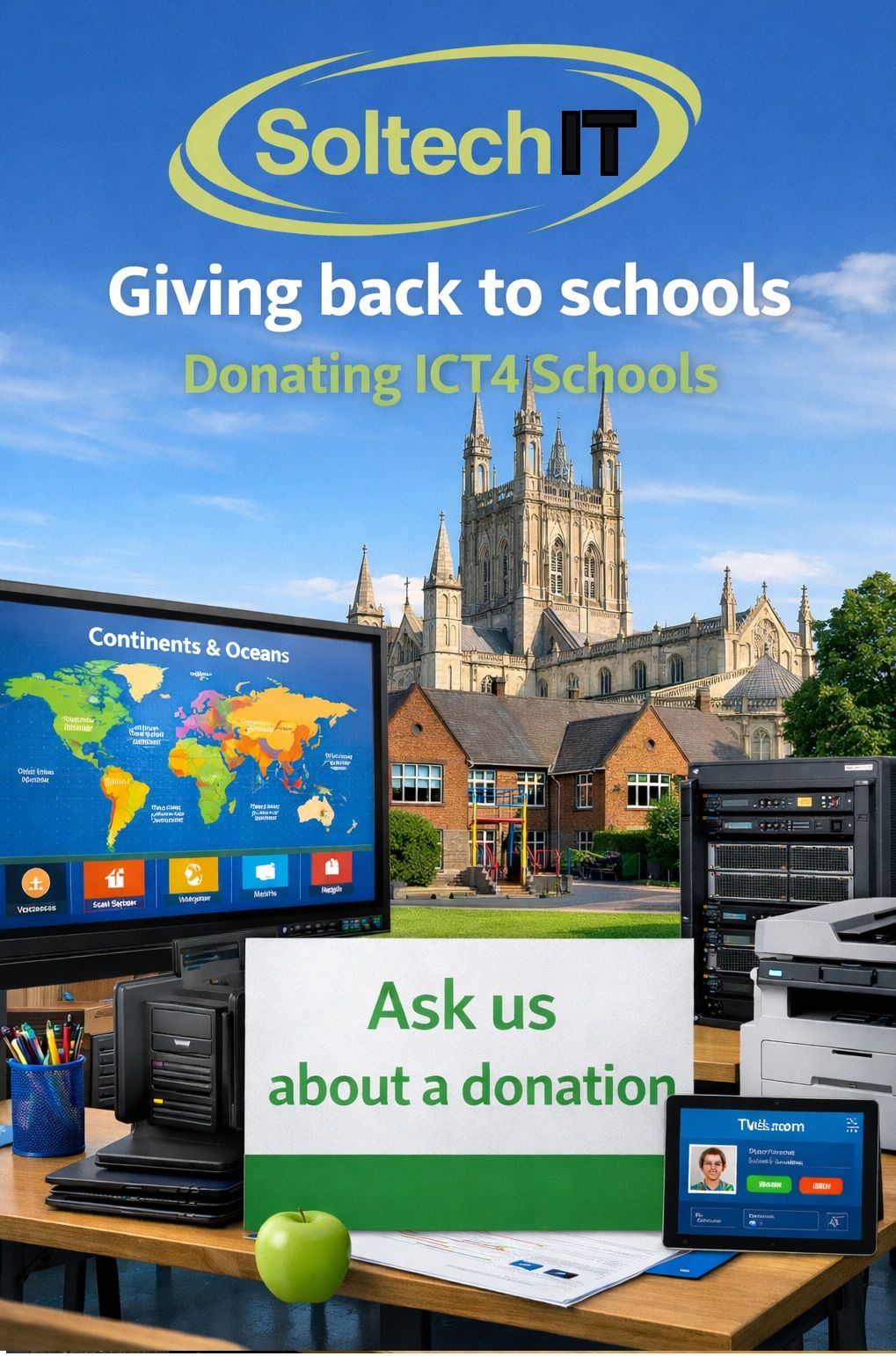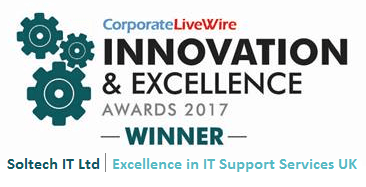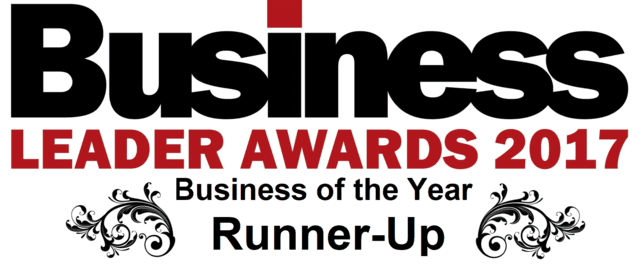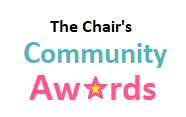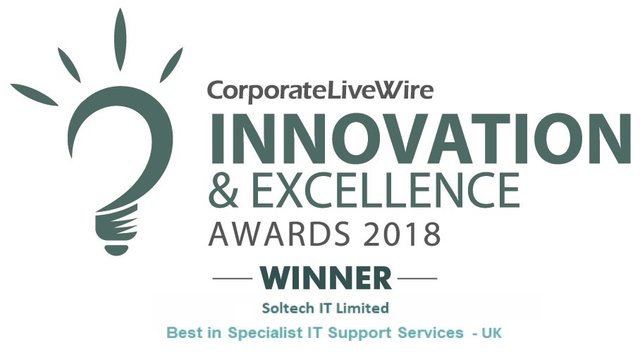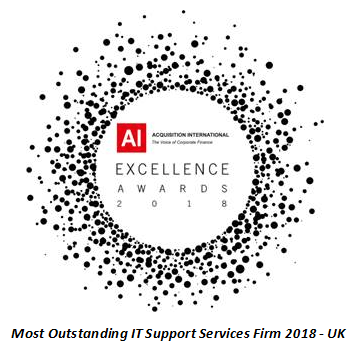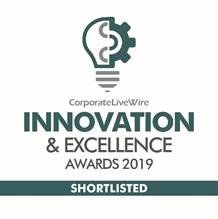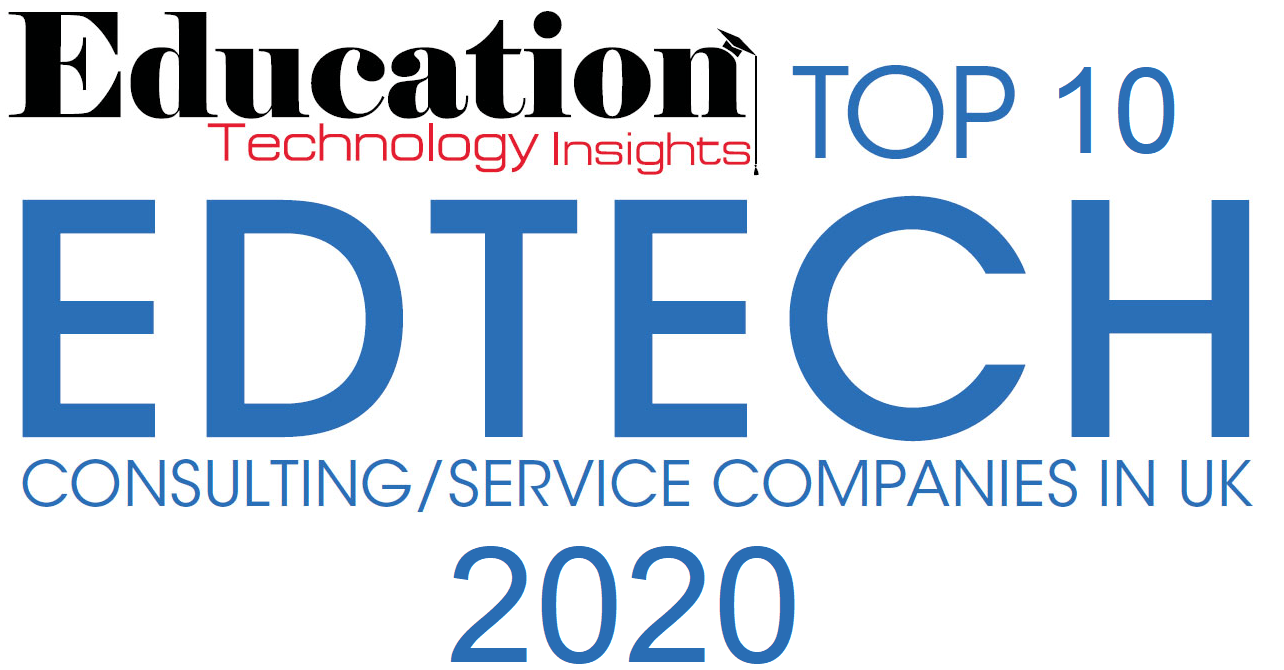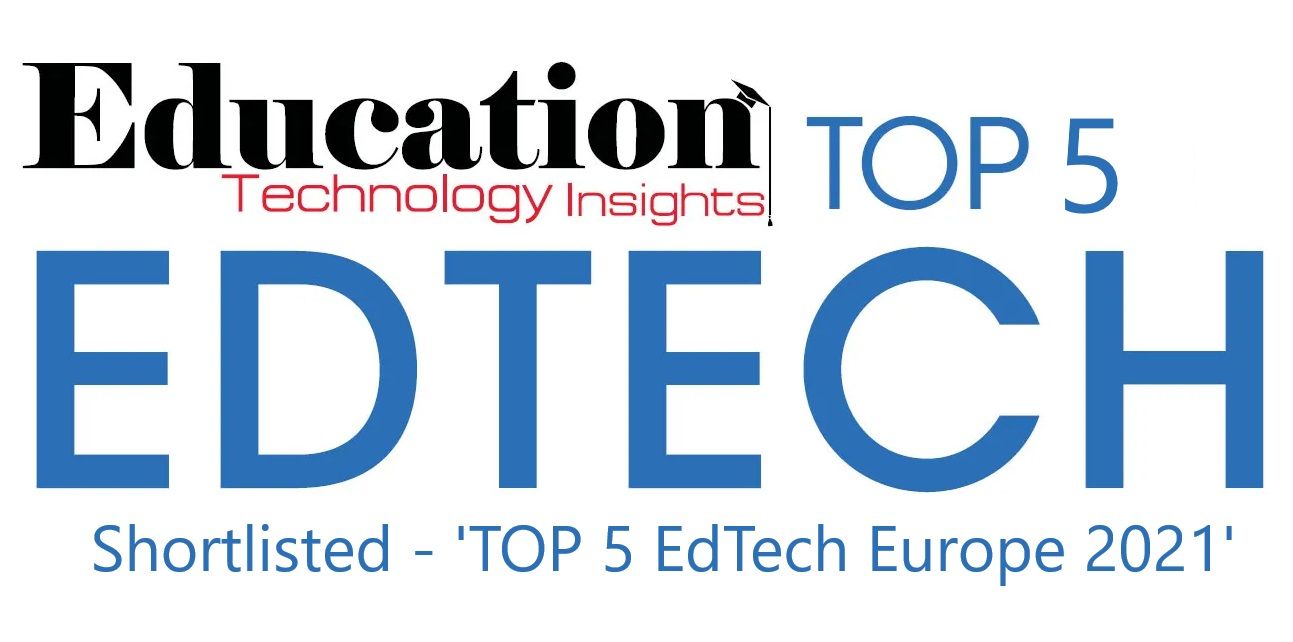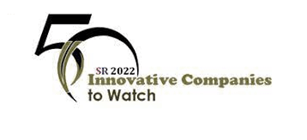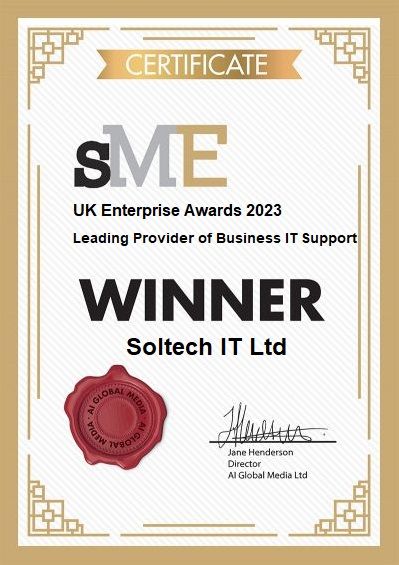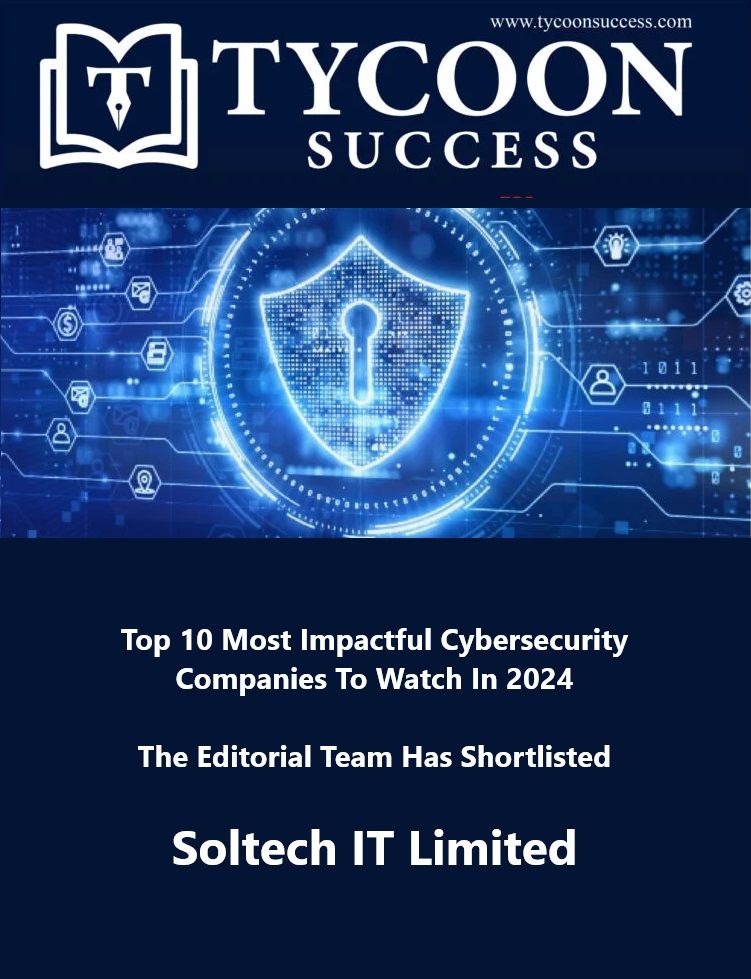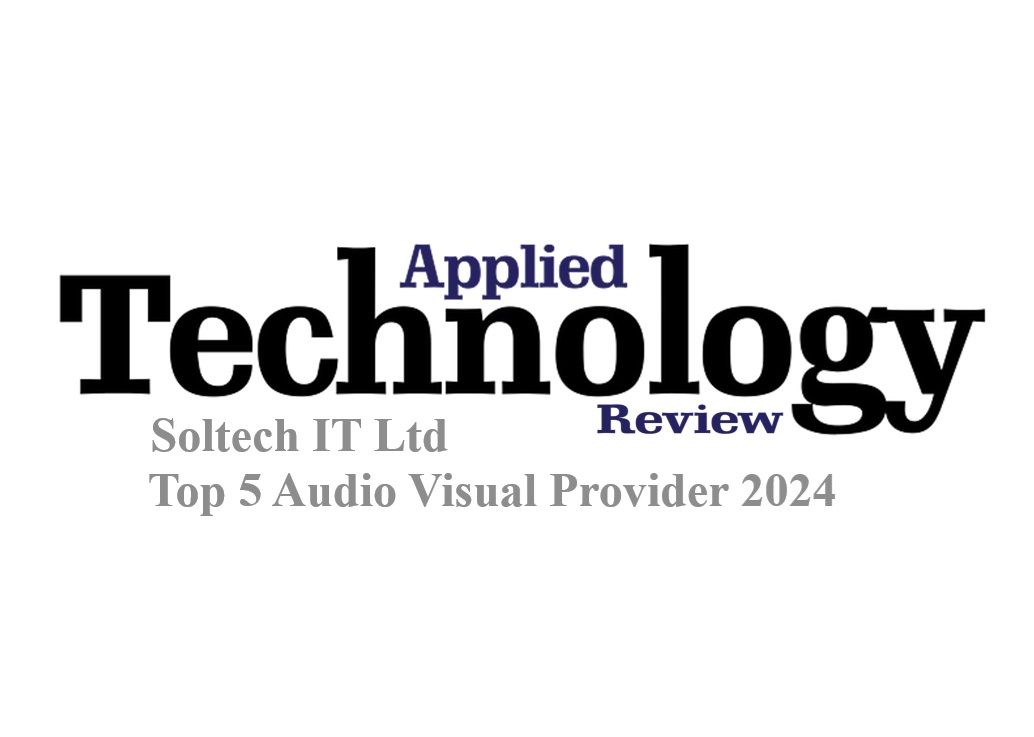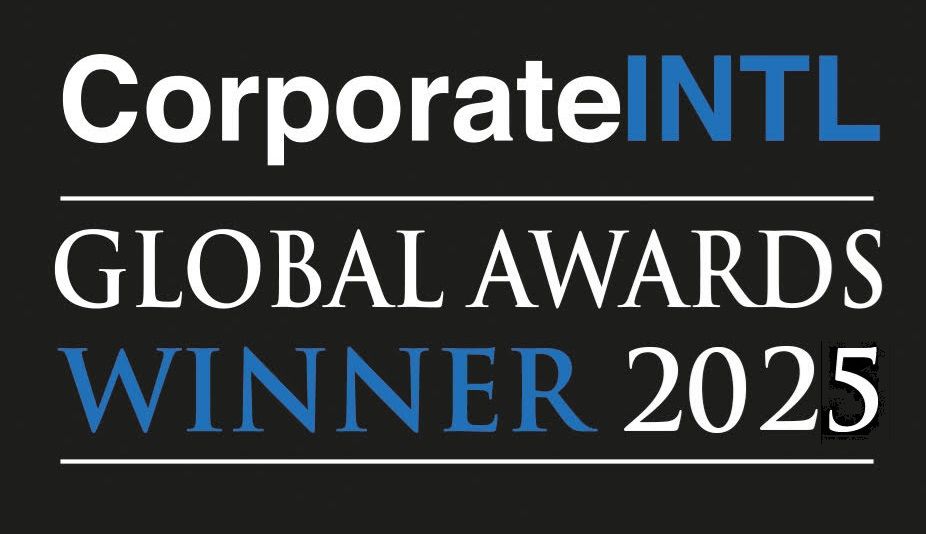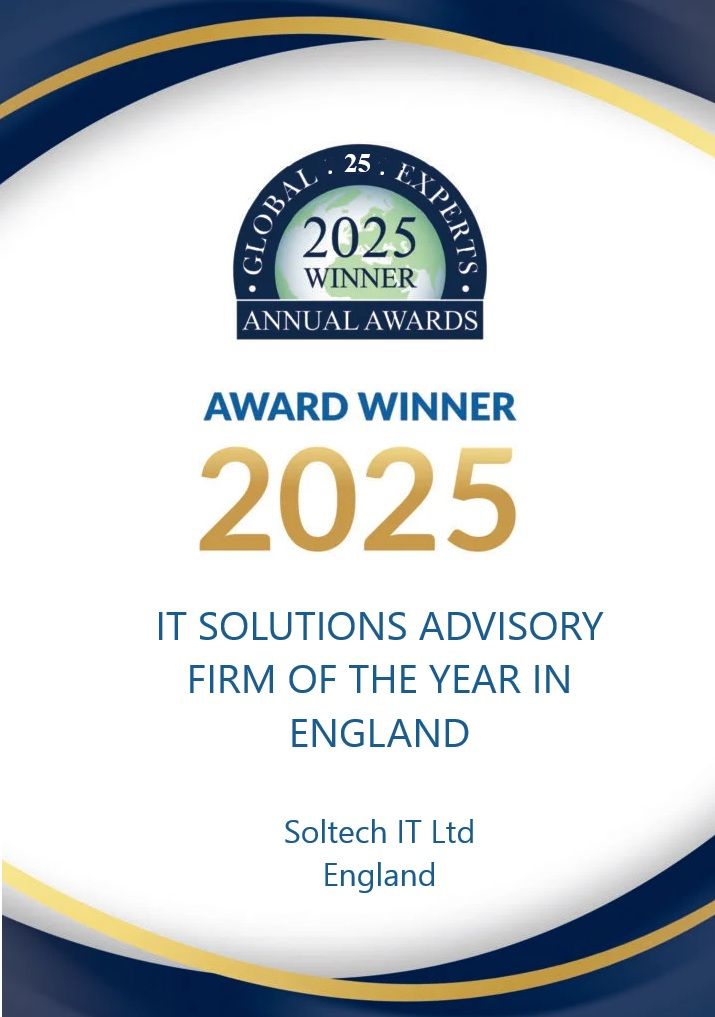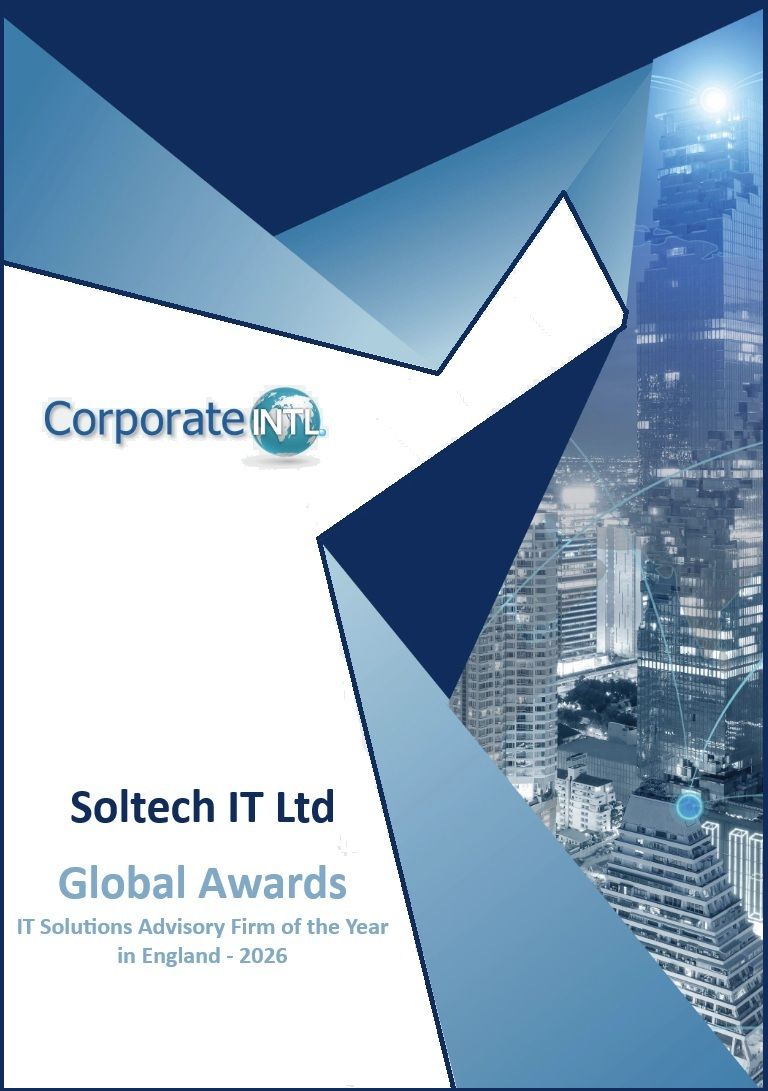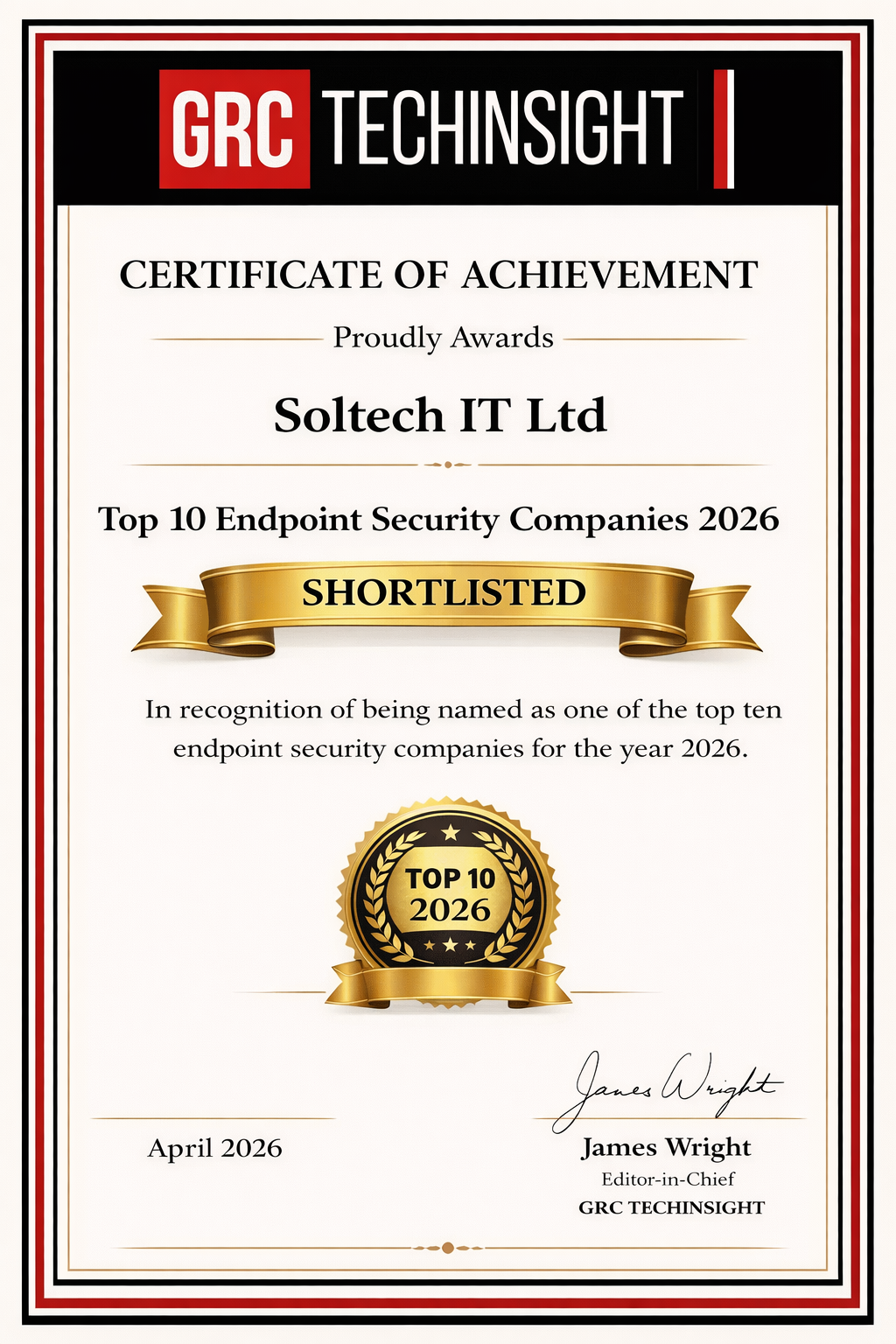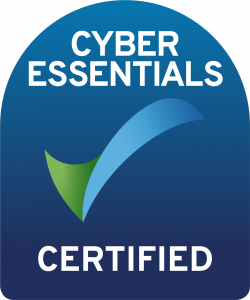Top 'Technology in Education' TED Talks
We've put together a list of our favourite TED Talks on technology in education, from inspiring children to code to virtual reality to inspire learning, the possibilities are huge.
1. Let’s Teach Kids To Code
MIT professor Mitch Resnick believes in the power of teaching young children how to build programs. In this TEDx talk, from 2012, Resnick talks about the generation of kids who can text and chat and game, but don’t know how to create any of the new technologies they’re interested in. "It's almost as if they read but can't write with new technologies, and I'm interesting in seeing how we can help young people become fluent and that really means that they need to be able to write their own computer programs, or code." His solution? Providing child friendly apps and software to help them learn, hands on how to code.
Watch here
2. A 12-Year-Old App Developer
In this TED talk, 12 year old Thomas Suarez talks about his most successful iPad app: Bustin Jieber, a Whack-a-Mole game featuring teen pop star Justin Bieber after seeing that a lot of people in his class didn't like him that much. Thomas highlights the problem of where fellow kids could go to learn how to build apps, with the support of his teachers and family he himself has created an 'App Building' club. Should clubs like his be more common place amongst UK schools?
Watch here
3. A delightful way to teach kids about computers
Computer code is the next universal language. In this talk Linda Liukas wants to help educate children, encouraging them to see computers not as mechanical, boring and complicated but as colourful, expressive machines meant to be 'tinkered with'. Similarly to Mitch Resnick's talk, she identified that, " The kids of today they tap, swipe and pinch their way through the world, but unless we give them tools to build with computers, we are raising only consumers instead of creators."
Watch here
4. This virtual lab will revolutionise science class
VR (Virtual Reality) is fast becoming a mainstream resource, although commonly used in gaming and entertainment, Michael Bodekaer identified how VR can be made accessible in education. He set out to create a fully simulated, one-to-one, virtual reality laboratory, allowing the students to perform experiments with mathematical equations that would then simulate what would happen in real life. This has gone on to older students being tasked with solving a CSI murder case using their core science skills. The VR education possibilities do seem endless.
Watch here
5. Why Massively Open Online Courses Still Matter
Here,CEO of edX, Anant Agarwal, talks about how MOOCs (Massive Open Online Courses) have the power to improve classrooms. Anant identifies that the millennial generation is different and completely comfortable with online technology, he suggests that rather than fighting technology in the classroom, it should be embraced. He suggests 'blended learning courses', where students watch videos, read online or work on interactive exercises, at their own pace, in an environment they feel comfortable in before coming together in the classroom to discuss what they've learnt with discussions, problem solving and hands-on activities. It's this way of thinking that we could bring into the real-world classroom.
Watch here
Get in touch

